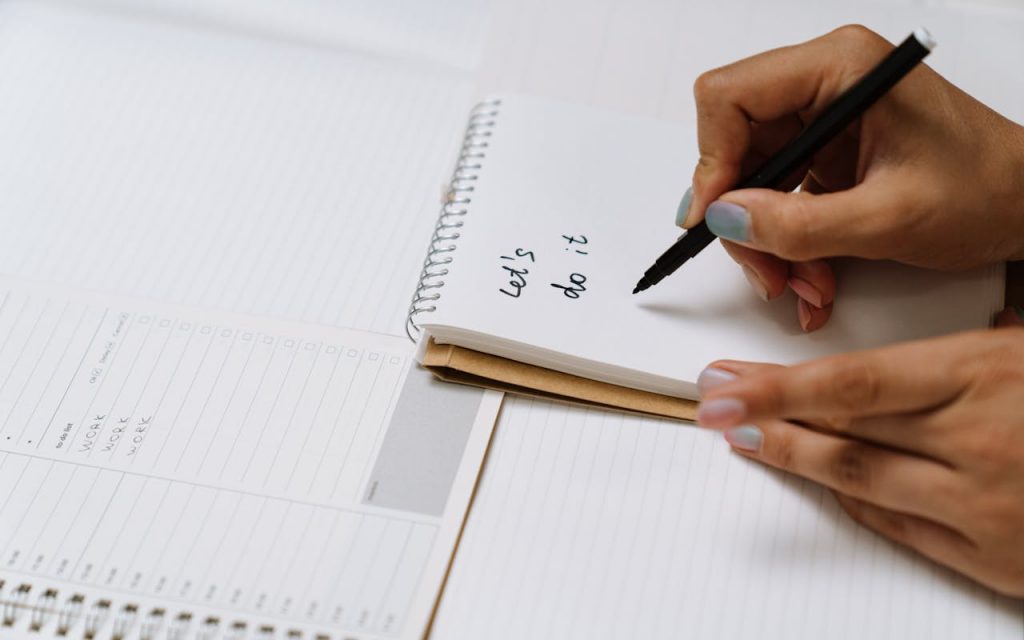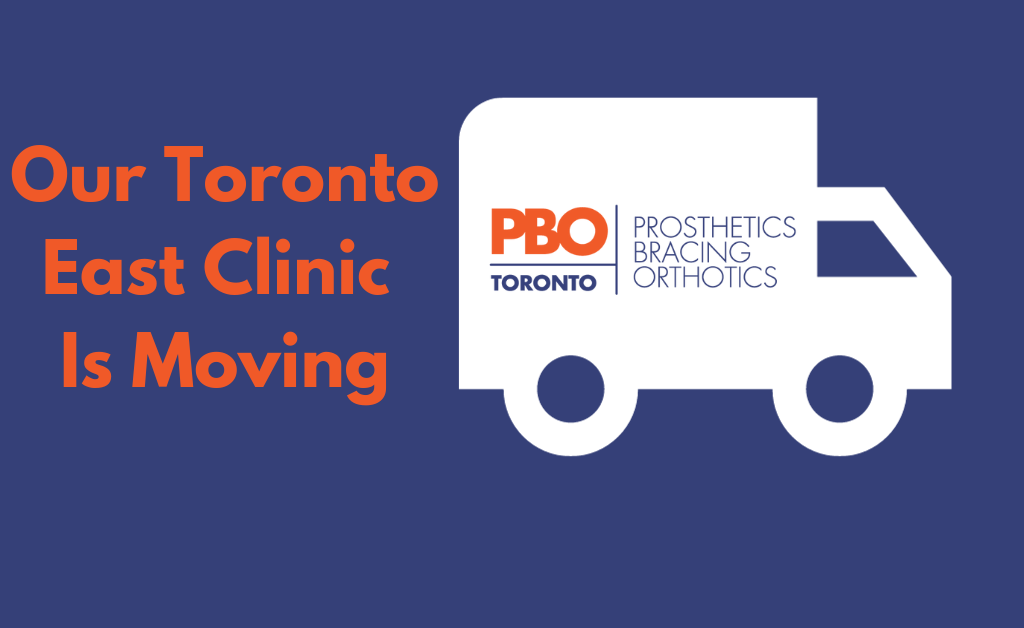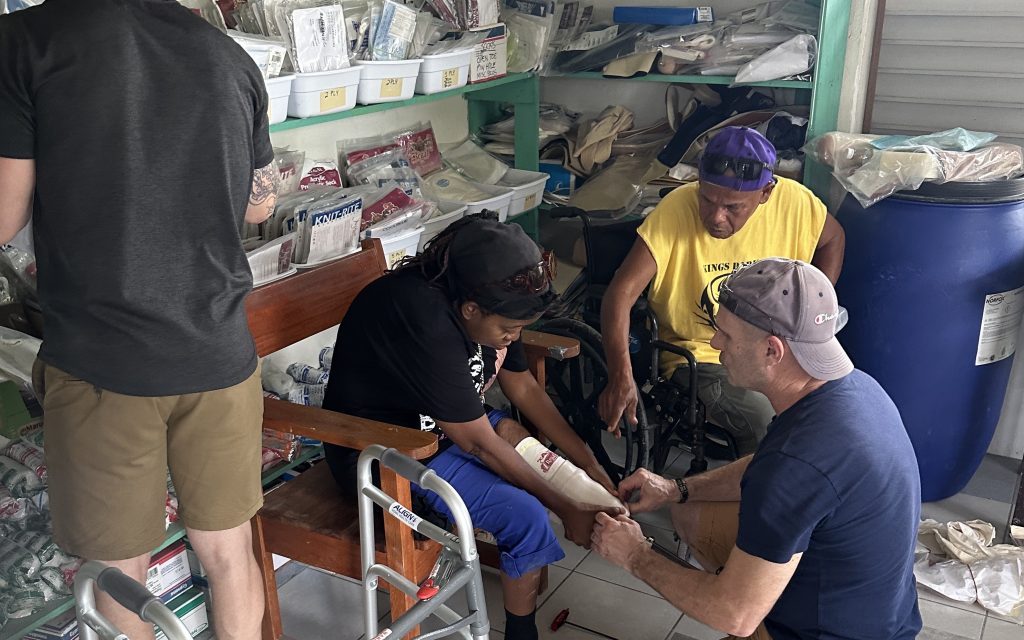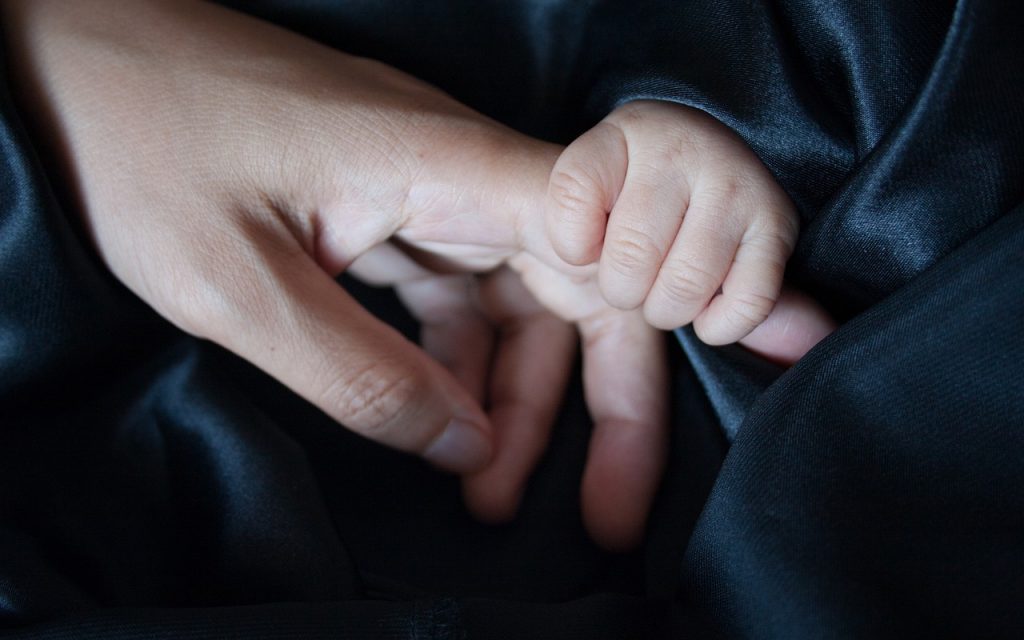Let’s make living without a limb easier
At PBO Group, we view the process of replacing a missing limb as part art, part science, and all about you. Our team of Certified Prosthetists and talented technicians are experts in crafting custom solutions that reflect your body’s unique needs and your desired lifestyle.
Prosthetics services are offered at PBO Niagara, PBO Kawartha, PBO Barrie, PBO Owen Sound and PBO Toronto.
Following a thorough assessment, our Certified Prosthetists take a team approach, working closely with you, your healthcare team and PBO Group’s technicians to design and fabricate a custom prosthetic device. Using the highest quality materials and the latest manufacturing technologies, all prosthetic devices are made in PBO’s state-of-the-art manufacturing facility. But making the device is just the first step. Our Prosthetists and technicians continue to modify the device throughout the fitting process to deliver the highest degree of client comfort and function. Follow-up visits and ongoing maintenance ensure the device continues to meet your needs over time.
Money Matters: As part of our commitment to best-in-class client care, PBO Group works closely with our clients to ensure all avenues of potential funding to help cover the costs of prosthetic devices have been considered. Visit our Financial Assistance page to learn more.
PBO Group’s certified Prosthetists and talented technicians work closely with the world’s leading suppliers of prosthetic technologies to create upper limb devices that are comfortable, functional and customized for each client’s unique lifestyle needs.
To learn more about the state-of-the-art solutions available to us for customization through our supplier partners, visit:
PBO Group’s certified Prosthetists and talented technicians work closely with the world’s leading suppliers of prosthetic technologies to create lower limb devices that are comfortable, functional and customized for each client’s unique lifestyle needs.
To learn more about the state-of-the-art solutions available to us for customization through our supplier partners, visit:
Please note, at this time PBO Group’s Breast Prosthetic service is only available through our Niagara clinics.
PBO Group’s certified Breast Prosthetic Fitter has completed specialized training in measuring and fitting for breast prosthetics. We keep a range of shapes and sizes in stock at our clinic, but can also order direct from our supplier, American Breast Care.
As Ontario’s Assistive Devices Program (ADP) covers a portion of the cost of breast prosthetics, we are also happy to assist clients with the paperwork required to access this funding. A prescription from a doctor or therapist is not a requirement for ADP funding.
Thirty per cent of breast cancer patients who undergo lymph node removal go on to develop lymphedema. PBO Niagara also has a certified Lymphedema Fitter on staff to support clients with fittings, garment selection and accessing ADP funding. Learn more.
Patient Resources
To access our full library of helpful information click here.
Frequently Asked Questions
Browse our list of frequently asked questions about Prosthetics or click here to view all FAQs.
The cost of a prostheses is extremely variable. An estimate can only be provided once the device design is complete following a full assessment. However, we will always provide these estimates so that you are aware well ahead of time what the costs will be.
To learn more about our warranties for PBO Group devices, click here.
The Assistive Devices Program (ADP) is the Ontario Ministry of Health payer for prosthetic devices and will provide coverage for a portion of the cost but not the entire amount. PBO Group staff can provide information on additional available funding sources.
A mild soap and water solution that you would use on your own body is the best approach for cleaning your device. Do not use harsh chemicals like window cleaner, bleach wipes, etc., as they can cause skin irritation.
Some prostheses are made specifically to allow you to wear them in the shower (sometimes called a shower leg). In some cases, a waterproof cast cover can be used to protect the device. Generally speaking, we recommend removing the device and using a shower seat for stability.
Contact your prosthetist. If you are experiencing skin irritation or extreme discomfort, ulcers, blisters, or skin breakdown, stop wearing the device until you can be reassessed.
We don’t recommend wearing your prosthetic device while sleeping because it is good for your residual limb to have some time each day to have a break from the pressure and the humidity associated with wearing a socket.
Three different approaches can be taken regarding the appearance of your prosthetic arm or leg. In some cases, clients opt for no cosmetic cover, so the device’s inner workings can be seen. In other cases, a cosmetic cover with synthetic skin is chosen to make the device look as lifelike as possible. In other cases, a limb-shaped cover is designed with a pattern or image that reflects the wearer’s personal style. We work with you to determine the approach that best meets your physical needs and personal style.
To some degree, any prosthesis can be used for a variety of activities, however, we can also incorporate design features in your prosthesis for specific recreational pursuits such as running, swimming, skating, hockey, golf, music, fishing, hunting, etc.
We strive to make your prosthetic as light as possible, balancing this with the need for it to be structurally sound for your weight and activity level.
Phantom pain can be a common complaint following amputation, and there are various treatment options, including prosthetic adjustment, mirror therapy, and/or medication. Your prosthetist and/or medical team can provide guidance based on your specific situation. Phantom limb sensation is the experience of feeling the amputated limb but is not painful. This does not need to be treated and should not be confused with phantom limb pain.
Yes, and PBO Group staff can help you learn more about potential financial support for your prosthesis from a variety of funding sources, including The War Amps, Rotary Club, Lions Club, Ontario Federation for Cerebral Palsy, MS Society, March of Dimes, ACSD, ODSP, Ontario Works, Veterans Affairs, NIHB, Kiwanis, and more.











